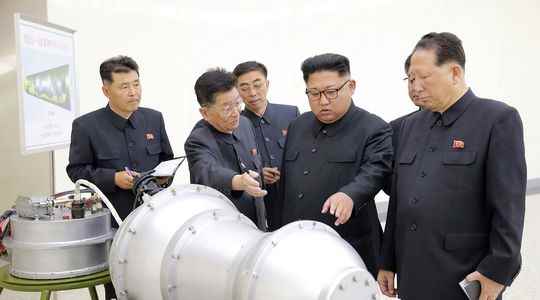PORTUGAL
Legislative: the revenge of the socialist Costa
This is a score that would make the French Socialist Party dream: its Portuguese “cousin” has just won an absolute majority in the legislative elections on 30th January. For Prime Minister Antonio Costa, the victory is tasty – like a snub to his former allies on the far left who had provoked this early election by “revoking” the budget for the year 2022. It testifies to the confidence benefits the former mayor of Lisbon, 60, hailed in particular for his management of the Covid-19. This political twist marks “the suicide of the radical left”, notes the Portuguese daily public.
ITALY
President Sergio Mattarella reappointed
In the absence of a consensus on another candidate, the Head of State was re-elected President of the Republic on January 29 by parties determined to preserve the unity of the government. “His confirmation is also that of Prime Minister Mario Draghi”, because “any other name that Mattarella would have pushed Draghi to leave”, underlines the Corriere di Puglia and Lucania. “Indirect winner” of this vote, the former boss of the European Central Bank will have to deal with divided political formations to implement reforms and the recovery plan of more than 200 billion euros.
NORTH KOREA
Missile diplomacy in full swing
Never had Pyongyang tested so many missiles in a month. The 7th and last launch of January, operated on the 30th, launched – according to the regime – the most powerful warhead since 2017, the culmination of tensions with South Korea. And the escalation could continue. According to the American site The Hill, Kim Jong-un is seeking to “force a response from Washington in what is shaping up to be a hellish year for Biden’s foreign policy.” The goal? Obtain American concessions, such as “the easing of UN sanctions and/or the suspension of American-South Korean military exercises.”
UNITED STATES
A sham record growth
The American economy had not been doing so well for thirty-seven years! At least if we stick to the growth of the gross domestic product, i.e. 5.7% in 2021. The performance, driven by rising consumption, exceeded forecasts, after a year 2020 weighed down by the Covid-19 . But will this momentum be sustainable? Probably not in 2022, alert CNN. “The economy is grappling with the fallout from the Omicron variant, which began to weigh on businesses in the second half of December.” Either too late to appear in the 2021 figures.
DENMARK
Turning the Covid page
“Goodbye to restrictions and welcome to life before the corona”, trumpeted the head of government, Mette Frederiksen, at the announcement of the lifting of the health pass and the compulsory mask, this February 1. Unlike Germany, in debate on the adoption of a vaccine pass, Denmark is betting on the lesser danger of the Omicron variant, although more contagious. But dropping restrictions will have consequences, warns Danish public radio website DR : more sick leave and “late sequelae of Omicron infection, of which we do not yet know much”.
CANADA
Antivax truckers cripple the country
Canadians have witnessed an unusual demonstration in recent days. Thousands of truck drivers marched in trucks across the country to protest against compulsory vaccination. This “freedom convoy”, supported by Donald Trump and Elon Musk, notably blocked a highway in western Canada. At the origin of this grumbling, a decision of the federal government, which “require that Canadian truckers be fully vaccinated, if they want to avoid a fourteen-day quarantine when entering Canada from the United States,” specify the Toronto Star. Just over 79% of the Canadian population is fully vaccinated, according to Our World in Data.
MALI
Nothing goes between Paris and Bamako
After months of cold between the two countries, the ax fell on January 31: Mali ordered the expulsion of the French ambassador. In question, according to Bamako, the “hostile” statements of its ally. The head of French diplomacy had notably denounced the “irresponsible” measures of the “illegitimate” Malian junta, for having forced the Danish contingent of Takuba (a coalition of European special forces under French command) to leave the country. Faced with this escalation, “terrorists are still cracking down and even rub their fingers on the triggers”, judges the Burkinabé site Wakat Sera.
